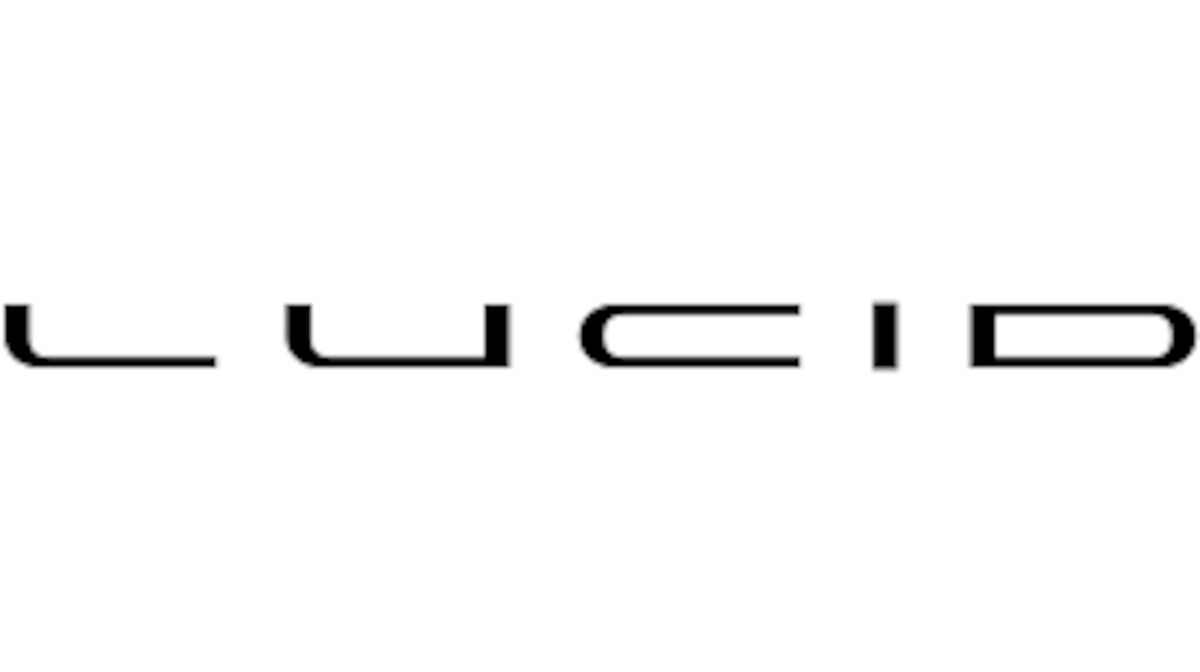Lucid Motors, an American electric vehicle (EV) company, is seriously considering entering the Chinese market, a strategic decision given that China represents the world’s largest car market and is rapidly adopting EV technology. Lucid Motors is aware of the challenges and competition they will face in this new endeavour, given the prevalence of well-established companies like BYD, Nio, and Tesla.
Here are the key takeaways:
Chinese Market Potential: The significance of the Chinese car market is evident, as it’s not only the largest overall, but its adoption rate of EVs is also noteworthy. This creates a significant opportunity for Lucid Motors and other EV manufacturers.
Strategic Approach: Lucid’s chief engineer, Eric Bach, emphasized the need for careful market entry. Wrong moves can be costly, so they’re considering factors like pricing and manufacturing strategies before making a move.
Lucid’s Foundation: Founded in 2007 by Bernard Tse (ex-Tesla) and Sam Weng (ex-Oracle), Lucid has grown steadily, reaching a market capitalization of $14 billion by 2021. Its first production EV, the Lucid Air, was launched in 2016.

Takeaways continue
Local Expertise: Lucid has taken a proactive approach by hiring Zhu Jiang, who has extensive experience with companies like Nio, Ford, and Baidu’s Jidu Auto, to oversee its operations in China.
Market Data: The Chinese auto market boasts impressive figures. From January to August, passenger NEVs sales in China saw an increase of 36% year-on-year, comprising over 33% of all vehicle sales.
Open Market Dynamics: William Li of Nio pointed out the open and competitive nature of the Chinese market as a key factor in the rapid penetration of NEVs.
Conclusion
Given the scale of the Chinese market and its propensity to adopt EVs, Lucid’s exploration is both ambitious and understandable. How they position themselves against powerful local and international competitors will be a determining factor in their success.
Many companies eyeing the Chinese market have faced challenges, both in terms of competition and navigating regulatory landscapes. Lucid’s careful, studied approach may be a good strategy to address these challenges.
































